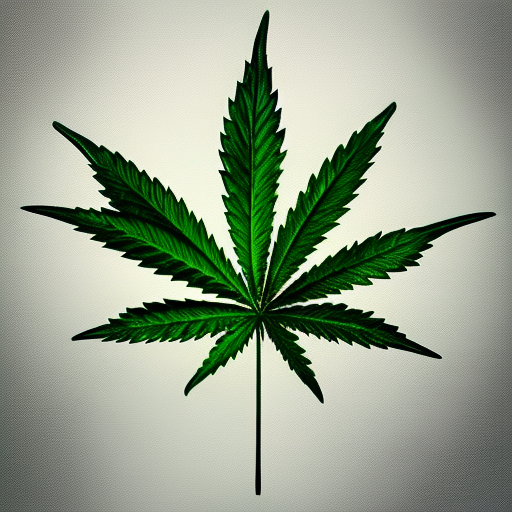
Cerebrovascular disease is a condition where blood vessels are damaged, leading to a disruption of blood flow to the brain. This can result in short and long-term harm or even death. A stroke occurs when there is a sudden interruption of stable blood flow to the brain, which inevitably causes the loss of some or all neurological functions.
There are two types of strokes: ischemic and hemorrhagic. Ischemic stroke is caused by blow flow blockage and accounts for almost 80% of strokes, while hemorrhagic stroke is brought on by high blood pressure, an aneurysm, or vascular mutation and often requires surgery. There are several risk factors for cerebrovascular disease and strokes, including smoking, high blood pressure, diabetes, obesity, high cholesterol, lack of exercise, gender, age, heredity, and prior stroke.
Medical cannabis has been found to positively affect the cardiovascular system, which causes strokes. A 2013 British Journal of Clinical Pharmacology report detailed how cannabidiol (CBD) has favorable effects on a few disorders, including Huntington disease, colitis, and cancer. The study also found that CBD has direct actions on isolated arteries that cause both acute and time-dependent vasorelaxation.
While some research notes cannabis use and strokes are related, Medscape reports 2020 data denying the same specifically for ischemic strokes. In fact, a 2009 Microvascular Research journal report pointed out the positive effects the CB2 receptor has on ischemic strokes three hours after one occurs. The study concluded that CB(2) activation contributed to protecting the brain through the attenuation of cerebral microcirculatory dysfunction during cerebral I/R injury.
The most compelling evidence that medical cannabis can alleviate detrimental stroke injury within hours is the words of Dr. David Allen, a renowned California cardiologist in 2015. According to Allen, “No other chemical decreases the size of a stroke by even two percent. So this is like a miracle that it does this.” Further studies and medical testimonies are likely to confirm that medical cannabis can not only prevent cerebrovascular disease and strokes but even more importantly; it can stop permanent brain damage from occurring from a stroke.
Treatments for both types of strokes vary according to the American Heart Association. An ischemic stroke is treated with medicine or surgery, including stent implants. A hemorrhagic stroke needs immediate surgical attention to stop the bleeding on the brain.
In conclusion, cerebrovascular disease and strokes are serious conditions that can lead to long-term harm or even death. While traditional treatments exist for these conditions, medical cannabis has been found to have positive effects on the cardiovascular system which causes strokes. Further research will determine whether medical cannabis can play a role in treating these conditions in addition to preventing them from occurring altogether.

